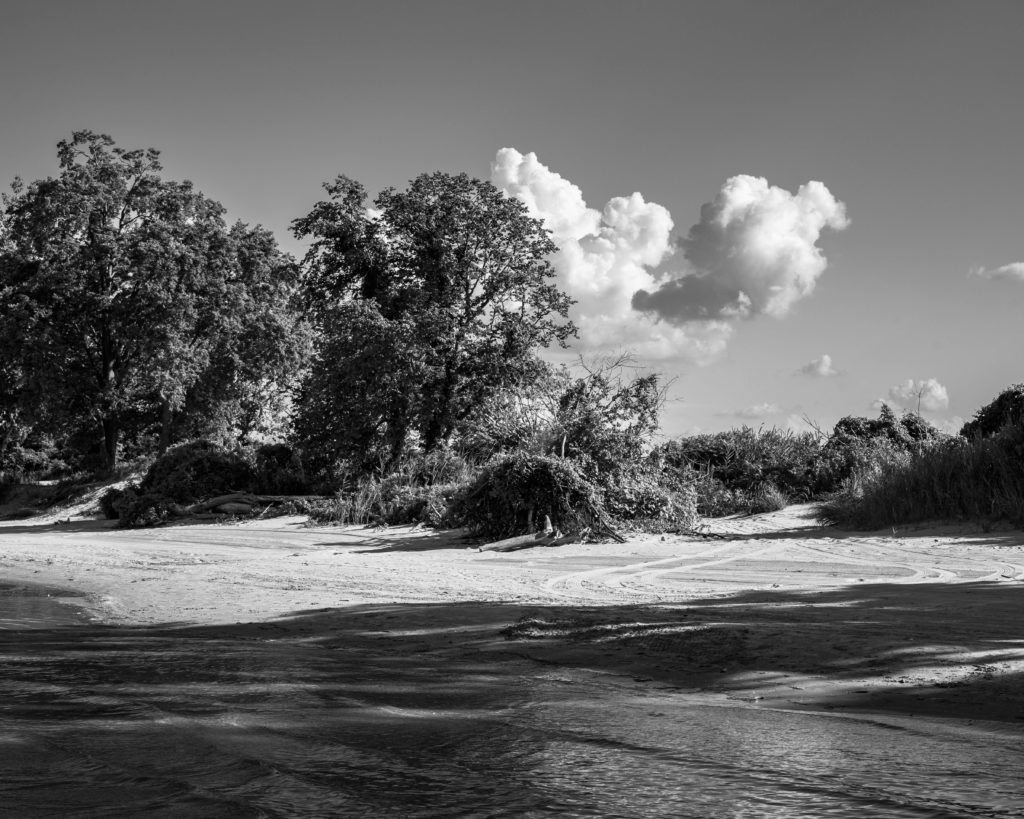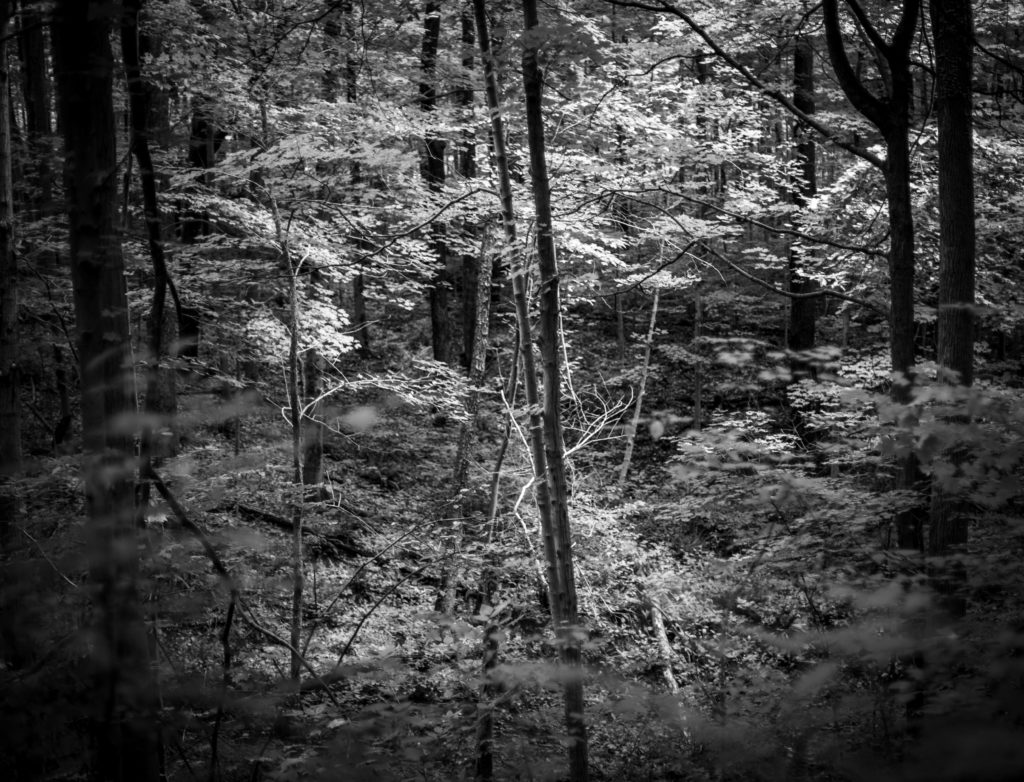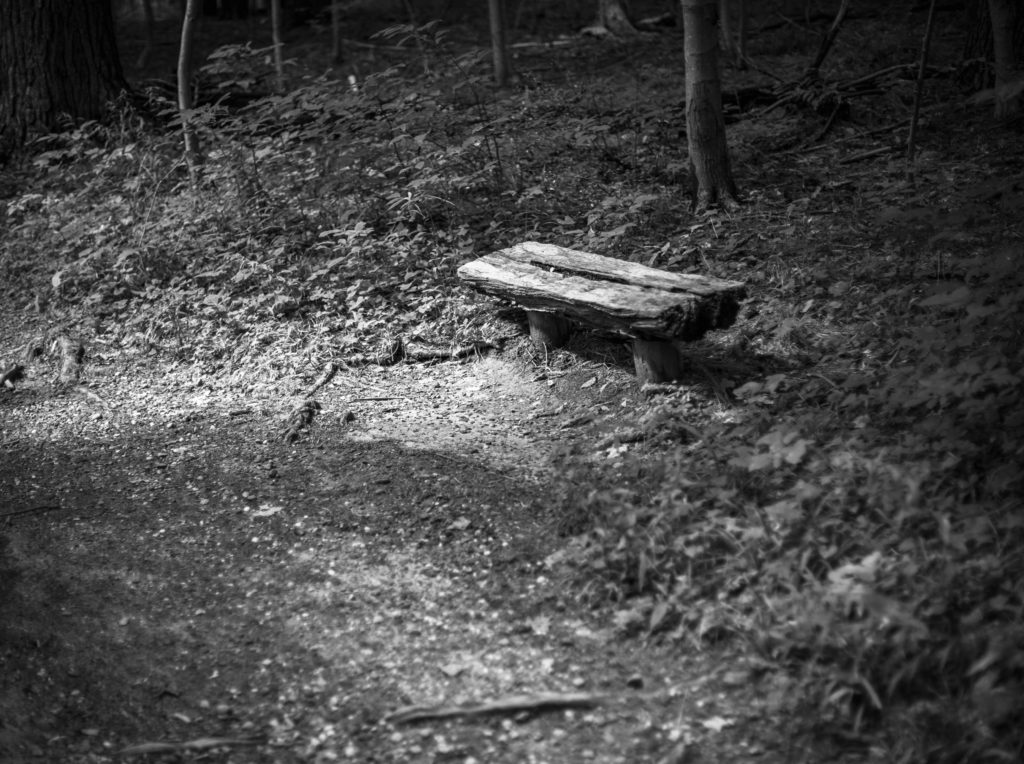One of my favorite authors is William Faulkner, and one of my favorite books he wrote is Light in August. Faulkner discussed this broader meaning of the book’s title in this way:
…in August in Mississippi there’s a few days somewhere about the middle of the month when suddenly there’s a foretaste of fall, it’s cool, there’s a lambence, a soft, a luminous quality to the light, as though it came not from just today but from back in the old classic times. It might have fauns and satyrs and the gods and—from Greece, from Olympus in it somewhere. It lasts just for a day or two, then it’s gone. . .the title reminded me of that time, of a luminosity older than our Christian civilization. [1]
Ever since reading the book the first time, I have looked differently at the month of August and the changes it brings. August is a month of transition. It is the beginning of the end of summer. It is the leading edge of fall. The sunlight becomes more slanted than it has been since April—you can see it cutting through the trees at a more radical angle—but unlike April, the August trees have full foliage. The shadows are wide and deep intruded by stabbing light and the days begin to shorten. The cloudy days produce a pensive light.
I suddenly realize I’m hearing crickets—when did those start? Did I miss them, or did they just start today? The cicadas are still churning out their rattling crescendos, but the crickets have now joined in saying that fall is on its way. If I find a place to walk in the woods where you can’t hear traffic, and if the wind is still, the crickets are reminding me of the approaching school years of my youth. I can smell the inside of the yellow busses.
For educators, August is one long Sunday night, as my sister who teaches fourth grade once put it. My experience as a university professor made August a time when I began to look for the brake pedal of time— “Please give me a few more weeks!” “The crickets can rest a while longer!”
But despite these associations, there is an exquisite stillness in the woods with the crickets perpetual chirping. I feel a beautiful tension in the pit of my stomach. I must stand and listen to the nervous chirping on top of the silence, the joyous tension.
Light in August embodies change. It’s a subtle change. I love it and I dread it all at once. Robert Frost says it well in Reluctance:
Ah, when to the heart of man
Was it ever less than a treason
To go with the drift of things,
To yield with a grace to reason,
And bow and accept the end
Of a love or a season?
In any case, I hope the light in these photographs evoke the sound of crickets, the tense anticipation of change, and the beauty of all that.
References
[1] Anderson, John Dennis (2007). Student Companion to William Faulkner. Greenwood Publishing Group.
[2] Poetry Foundation. https://www.poetryfoundation.org/poems/53085/reluctance.
Here are some of the photos from my “Light in August” project. More can be found on my portfolio page.




Love this – the photos and the text!
Thanks, Marianne!
Bravo!
Thanks, Marcia!